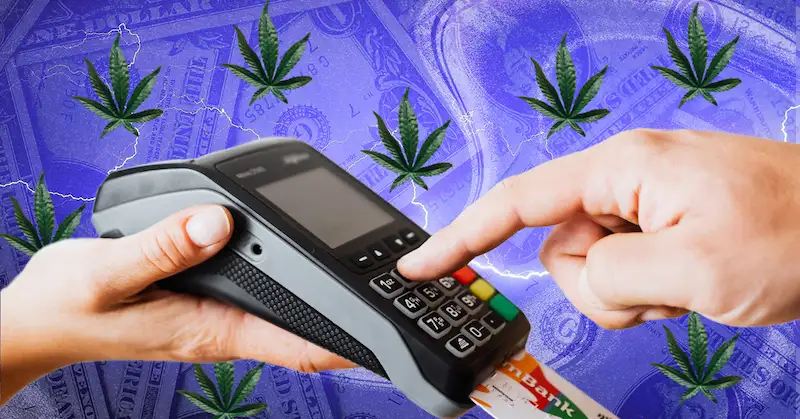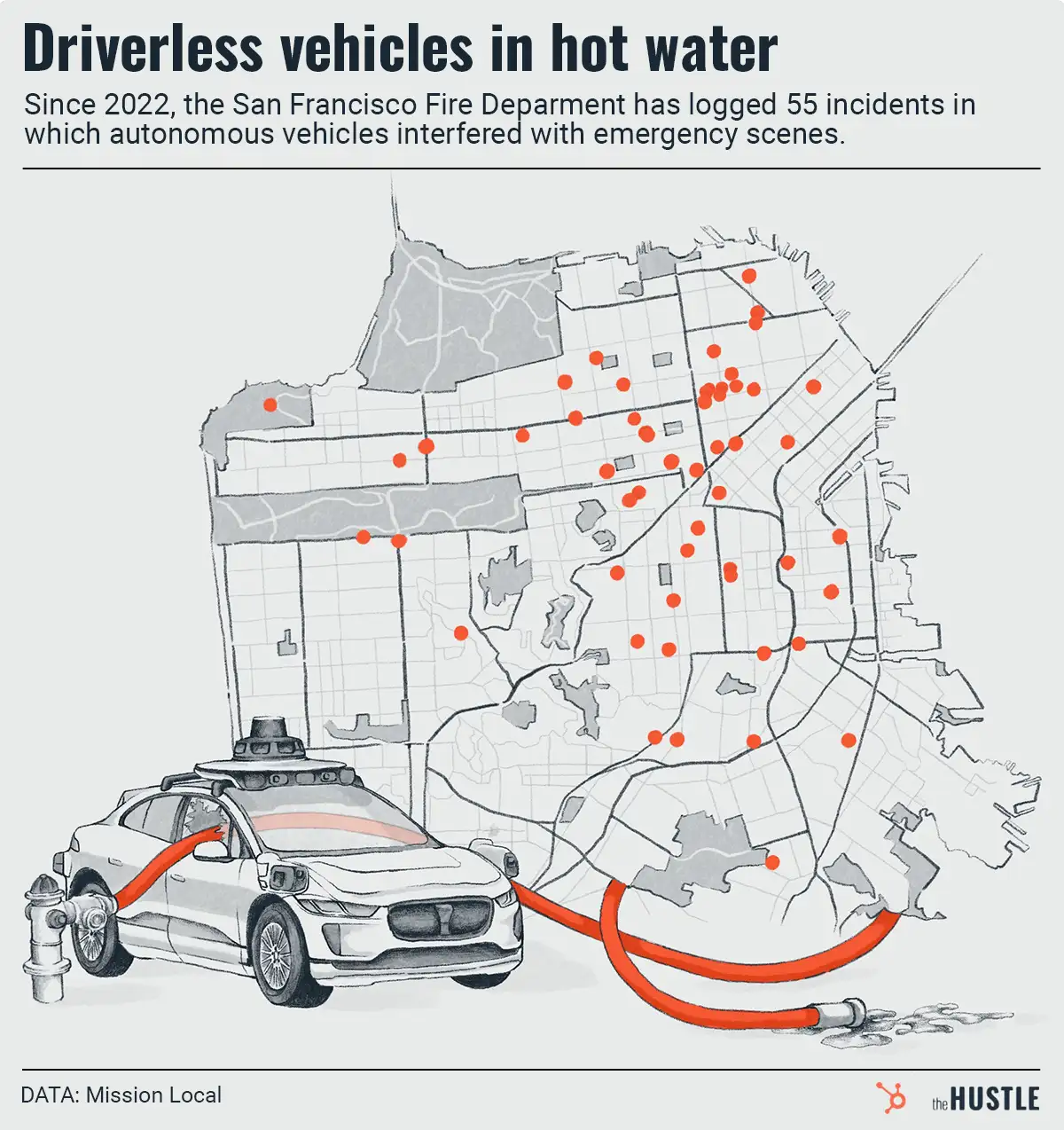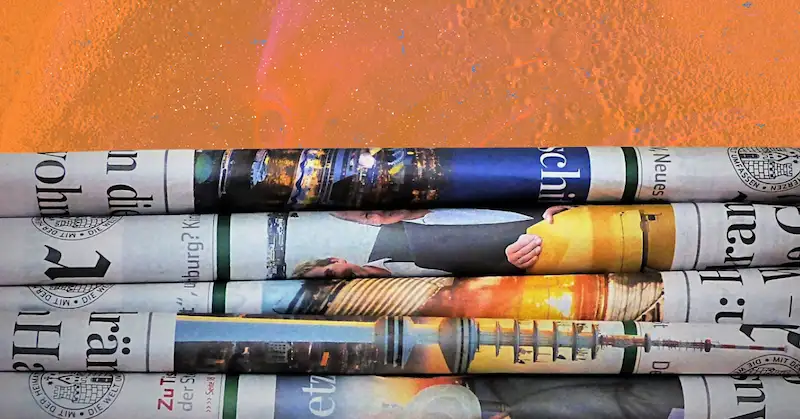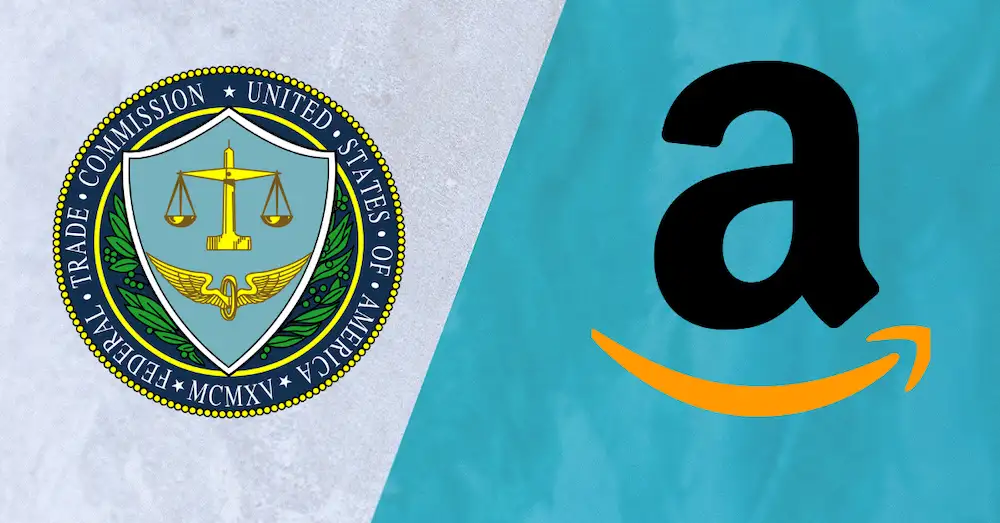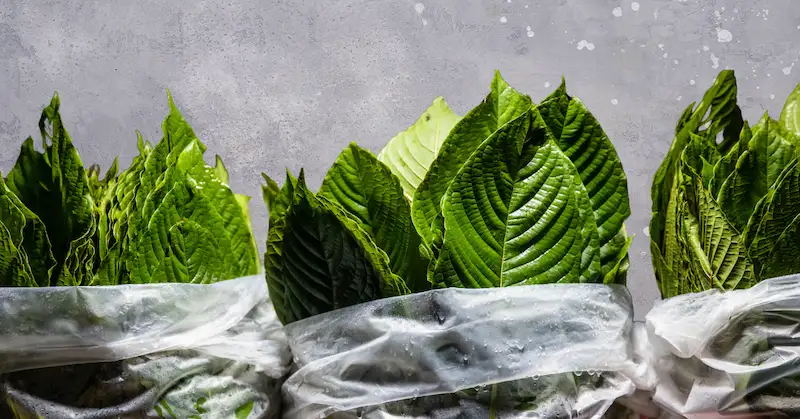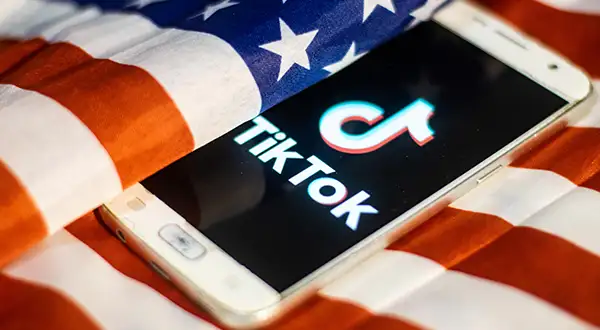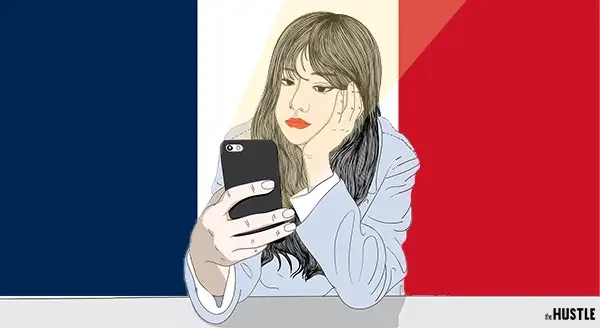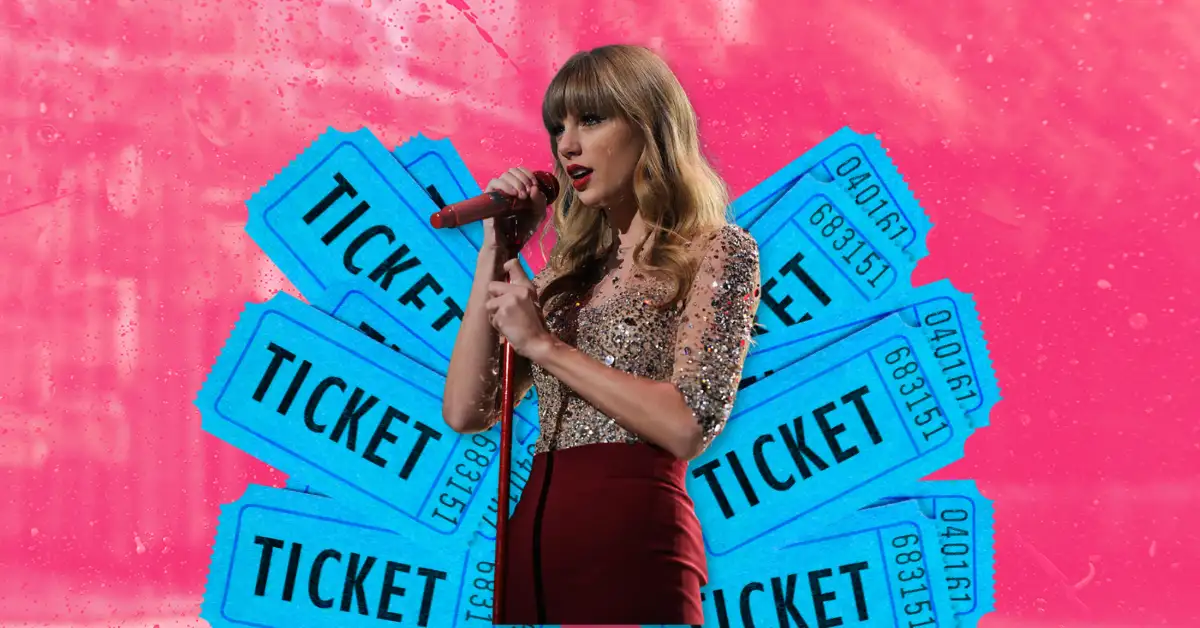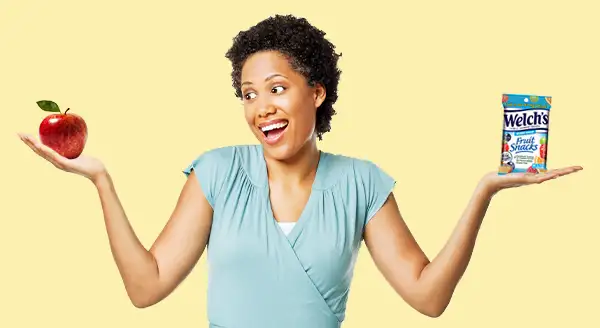British Columbia, Canada, is conducting a three-year experiment with drugs.
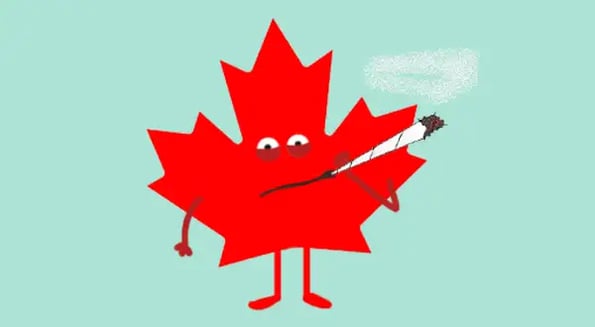
Starting today, small amounts of drugs are decriminalized, including hard drugs like cocaine and heroin (cannabis is already legal in Canada).
- Instead of facing criminal charges, people caught with less than 2.5 grams will receive info on treatment or other resources.
- Drug trafficking is still illegal.
Will it be a successful social and economic decision?
Decriminalization advocates…
…see substance use and addiction as a health issue, not a crime. People who fear punishment are less likely to seek help.
Criminalizing drugs is also expensive and often doesn’t work:
- The US has spent $1T+ on the war on drugs, largely considered a failure.
- But investing $1 in a syringe exchange program saves ~$6 in costs associated with HIV in the US, per The New York Times.
Has this been done?
Yep. Portugal decriminalized drugs in 2001 and, aside from a brief uptick in experimentation, usage is down, although exactly why is unclear.
So are opioid deaths, diseases associated with injection use, prison overcrowding, and drug-related crimes. (For an in-depth look, check out this long read from The Guardian.)
Oregon also did this in 2020, but the state has been slow to fund services.
Critics of Oregon’s policy have the same concerns about BC’s: decriminalization must be paired with treatment programs and resources, like Portugal’s. They also question whether it can succeed as the economy weakens, according to Bloomberg.
It’s worth noting…
… not all drugs are alike. For many, the desired outcome is treatment, but others reach legalization.
Remember how your DARE instructor used to warn you about the dangers of the devil’s lettuce, but now you can buy weed from bougie boutiques?
The global market for once-illegal cannabis was worth $17.8B in 2021. Like cannabis, researchers are seeing the benefits of psychedelics, too. Magic mushrooms — already legal for therapeutic use in Oregon — could be next.

